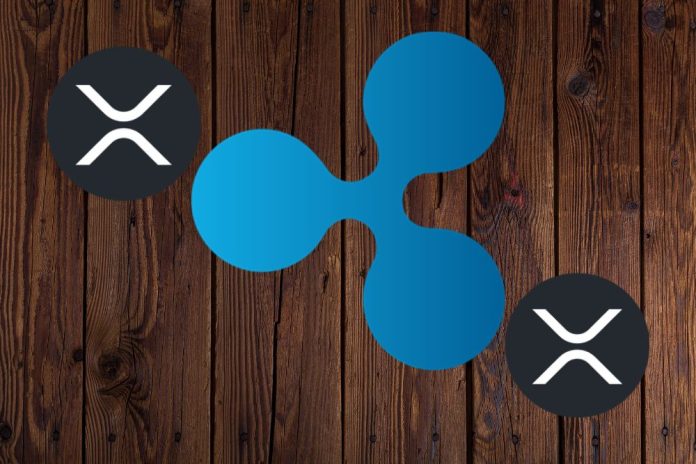In a significant development for the cryptocurrency sector, the U.S. Securities and Exchange Commission (SEC) has officially abandoned its appeal in the ongoing legal battle with Ripple. This move cements the 2023 ruling by Judge Analisa Torres, which addressed the regulatory status of XRP and provided much-needed clarity on whether the asset should be considered a security.
Judge Torres’ Landmark Decision on XRP Transactions
The legal dispute revolved around how XRP was sold and whether those transactions fell under U.S. securities laws. Judge Torres had determined that Ripple’s programmatic sales of XRP on public exchanges did not constitute securities offerings. However, direct transactions involving institutional investors were ruled as violations of securities regulations. Now that the SEC has opted not to challenge this decision, it stands as a crucial precedent in shaping cryptocurrency regulations.
SEC Agrees to Refund $75 Million in Settlement
As part of the resolution, Ripple has successfully negotiated a partial refund of the initial $125 million penalty imposed by a New York court in 2022. The SEC has agreed to return $75 million, leaving Ripple responsible for settling the remaining $50 million. This financial settlement marks a turning point in the case, allowing Ripple to move forward with greater legal certainty.
Implications for Institutional XRP Sales
The SEC’s withdrawal of its appeal has sparked discussions about what this means for Ripple’s ability to conduct direct sales to institutional investors. A prominent user on X suggested that Ripple can now legally sell XRP to institutional entities, such as hedge funds and private equity firms, without relying on over-the-counter (OTC) desks. While Ripple must still comply with securities regulations, the lifting of certain restrictions opens up new avenues for institutional adoption.
I haven't gone back to revisit the order. But to the extent any future sales are sold in similar fashion as the institutional sales described in the order, they would continue to pose problems under Section 5 (at least if the SEC were still invested in the case).
— Marc Fagel (@Marc_Fagel) March 25, 2025
Former SEC Attorney Clarifies Legal Boundaries
Despite the SEC stepping back from further legal action, former SEC attorney Marc Fagel pointed out that the court’s original ruling regarding institutional sales remains unchanged. He explained that while the SEC is no longer actively pursuing enforcement, Ripple’s future direct sales to institutions could still face scrutiny under Section 5 of the Securities Act if they follow the same structure as before.
We are on twitter, follow us to connect with us :- @TimesTabloid1
— TimesTabloid (@TimesTabloid1) July 15, 2023
Potential Effects on Ripple’s On-Demand Liquidity Services
The ruling’s impact on Ripple’s On-Demand Liquidity (ODL) product has also been a topic of discussion. When asked about the implications, Fagel indicated that while the resolution could ease some regulatory constraints, it does not grant Ripple full freedom in how it sells XRP. He warned that if Ripple resumes institutional sales using previously deemed illegal methods, future legal challenges may still arise, though the SEC itself will not pursue further enforcement.
With this legal chapter nearing its conclusion, Ripple and the broader cryptocurrency industry now have greater regulatory clarity. However, market participants remain watchful as legal interpretations of crypto transactions continue to evolve.
Disclaimer: This content is meant to inform and should not be considered financial advice. The views expressed in this article may include the author’s personal opinions and do not represent Times Tabloid’s opinion. Readers are urged to do in-depth research before making any investment decisions. Any action taken by the reader is strictly at their own risk. Times Tabloid is not responsible for any financial losses.
Follow us on Twitter, Facebook, Telegram, and Google News



